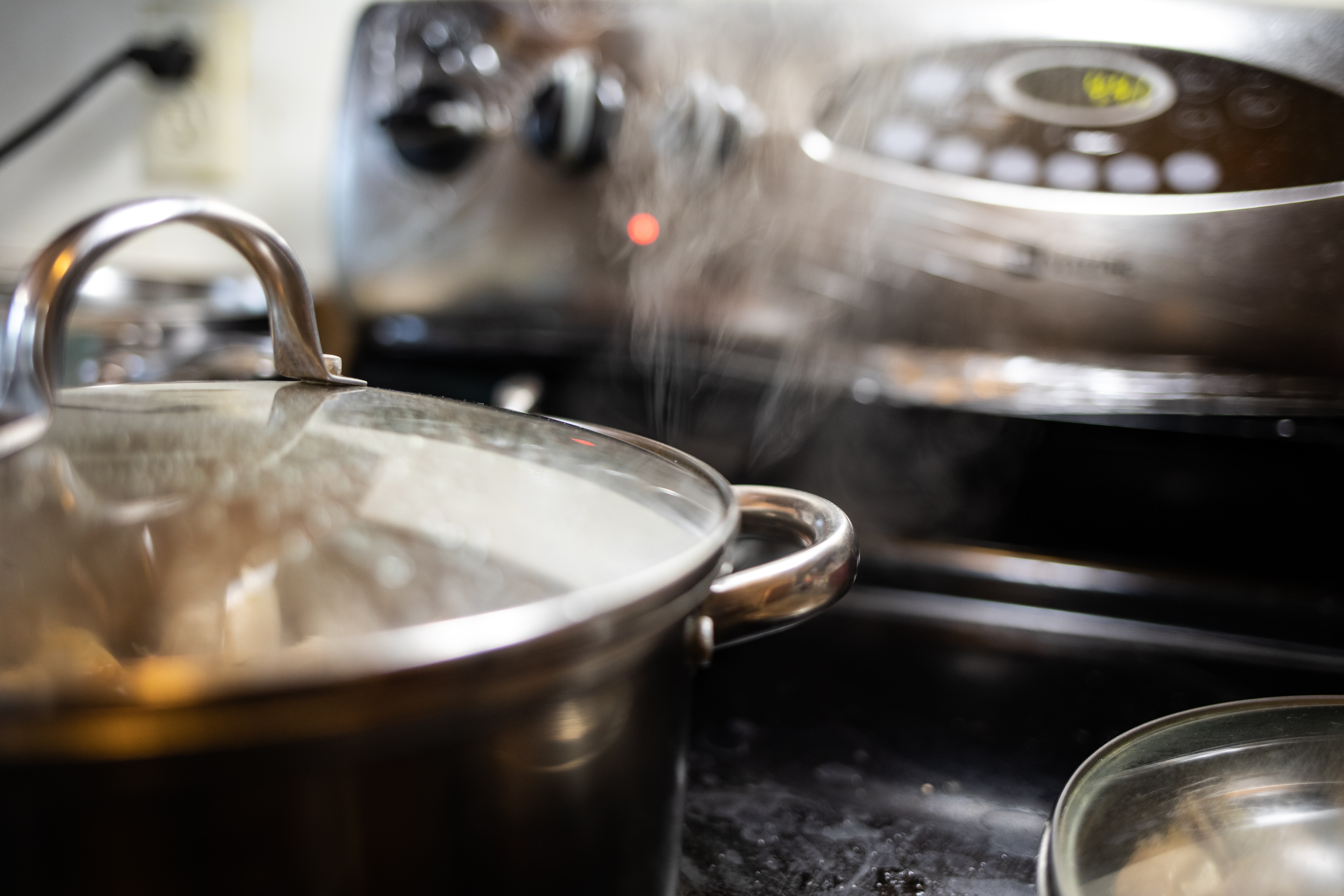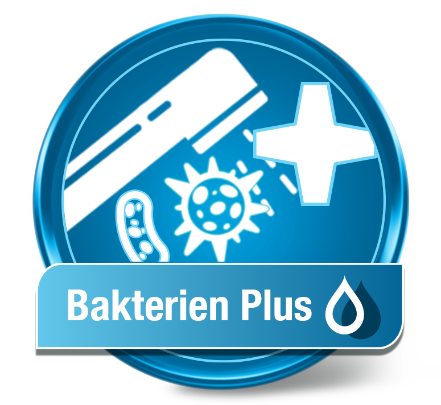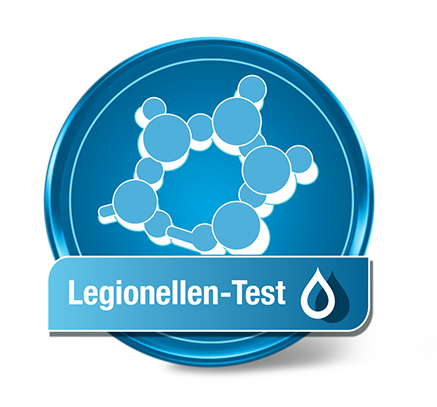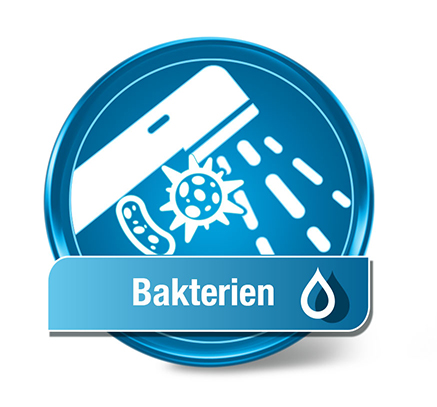Boiling Water – Or Mineral Water Instead?
 The human body consists of about 70% water – in newborns, it's up to 95%. No other food is as central to our health. If you want to stay fit and vital, you need to drink enough fluids daily – and pay attention to good water quality.
The human body consists of about 70% water – in newborns, it's up to 95%. No other food is as central to our health. If you want to stay fit and vital, you need to drink enough fluids daily – and pay attention to good water quality.
In Switzerland, tap water is considered one of the most strictly controlled foods. It is usually perfectly suitable for daily use – including for preparing baby food. The EDI Drinking Water Ordinance sets clear limit values that are monitored by the cantons.
When is Tap Water Critical?
Even in Switzerland, there can be exceptions. Reasons for contamination include:
- old lead pipes or outdated household installations
- contamination by drug residues
- bacteria like Legionella, e.g., after prolonged stagnation
Particularly sensitive individuals – such as babies, pregnant women, or immunocompromised people – should ensure their drinking water is free of contamination. A water test is recommended for this.
Is Boiling Enough Protection?
Boiled water kills many germs and pathogens – including E. coli. However, it does not help against chemical residues like nitrate, heavy metals, or drug residues. And: Legionella can be inhaled from water vapor – for example, when showering – and are not rendered harmless by boiling.
Conclusion: Boiling can be useful, but it doesn't replace a water analysis.
Mineral Water – Safe, But Not Sustainable
Mineral water is also subject to strict controls and is considered microbiologically safe. It often contains fewer residues – but sometimes more sodium or sulfate. The disadvantage: packaging, bottling, and transport heavily burden the environment.
According to Water for Water, the environmental footprint of mineral water is up to 1000 times worse than that of tap water.
Recommendation: Test First, Then Drink
If you rely on tap water, a professional water test is recommended if you're unsure – especially if:
- a baby lives in the household,
- gastrointestinal problems occur frequently,
- the pipes in the building are older than 30 years.
Conclusion
Boiling offers short-term protection – but not comprehensive. Mineral water is convenient, but expensive and ecologically questionable. If you want sustainable and safe water consumption, you should rely on **regular drinking water analyses**. This way, you'll know exactly what's coming out of your tap.
Our Tip: Use a water test kit to check your water quality quickly and reliably.
✔ Heavy metals and pollutants
✔ For general drinking water, softeners
✔ E. coli, coliform bacteria
✔ Enterococci
✔ Risk of transmission during showering
✔ Causes Legionnaires' disease
✔ Focus on bacterial contamination
✔ For general drinking water, softeners
✔ Heavy metals and contaminants
✔ Separate bacteria test recommended
✔ Heavy metals and contaminants
✔ Separate bacteria test recommended
✔ Most common contaminants
✔ Bacteria analysis available separately







